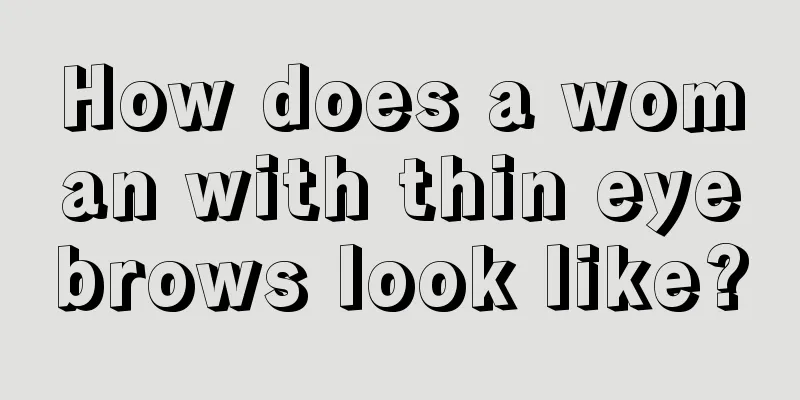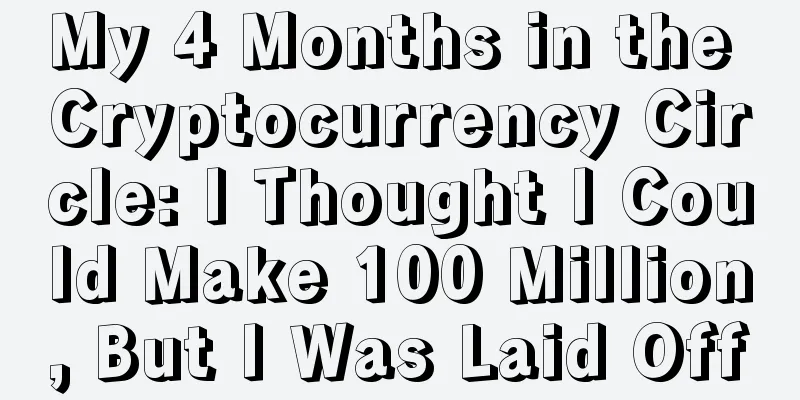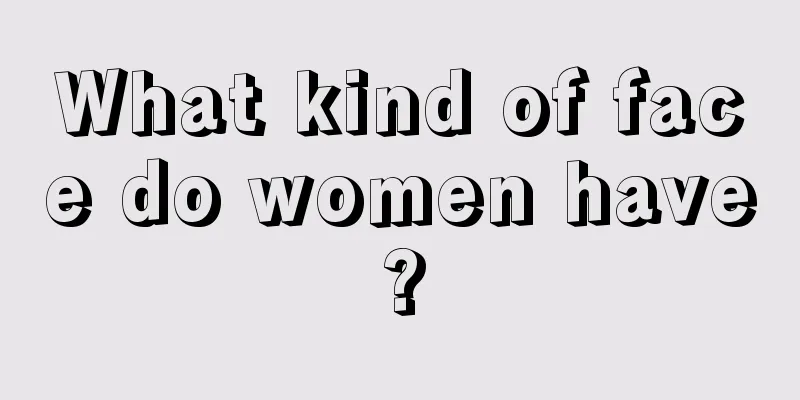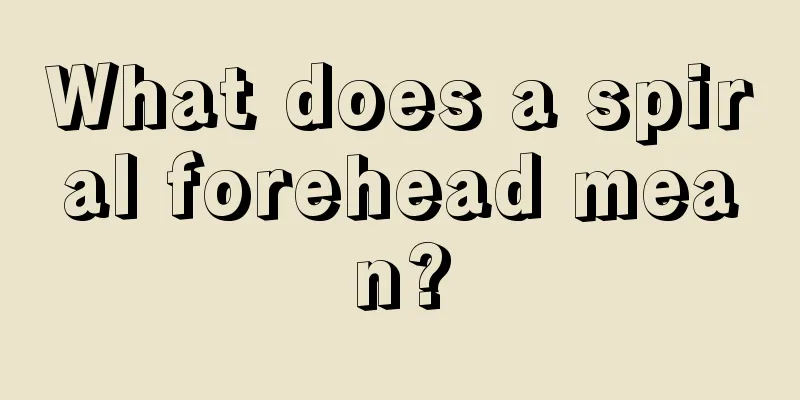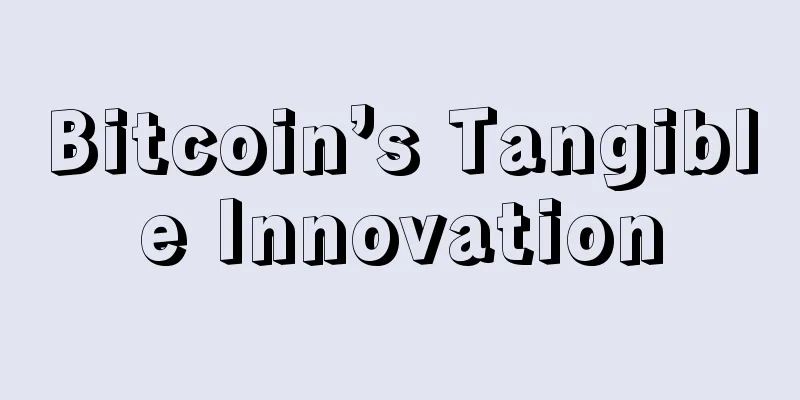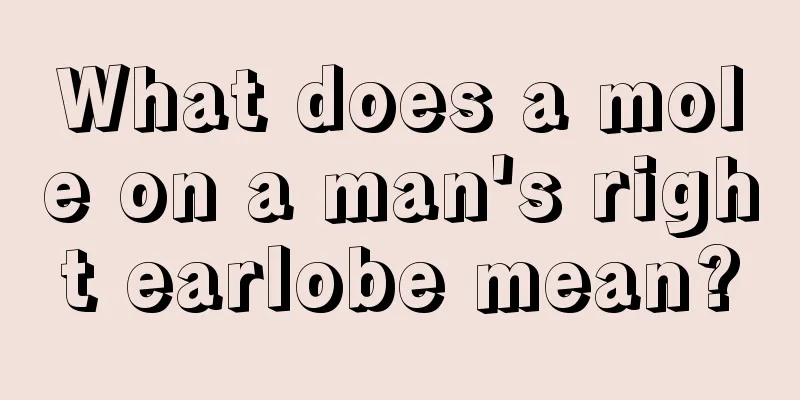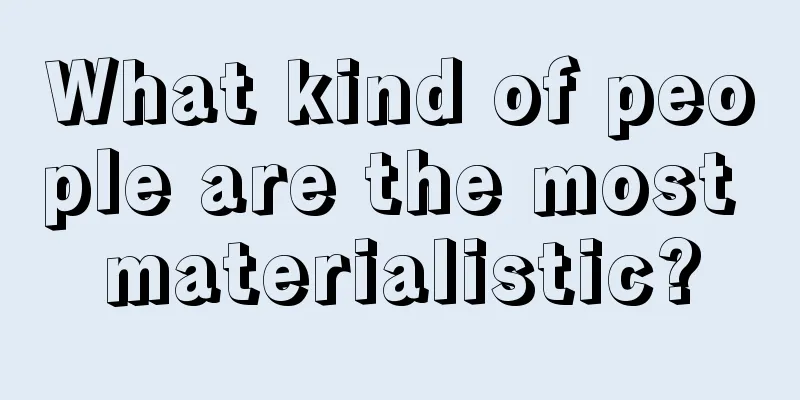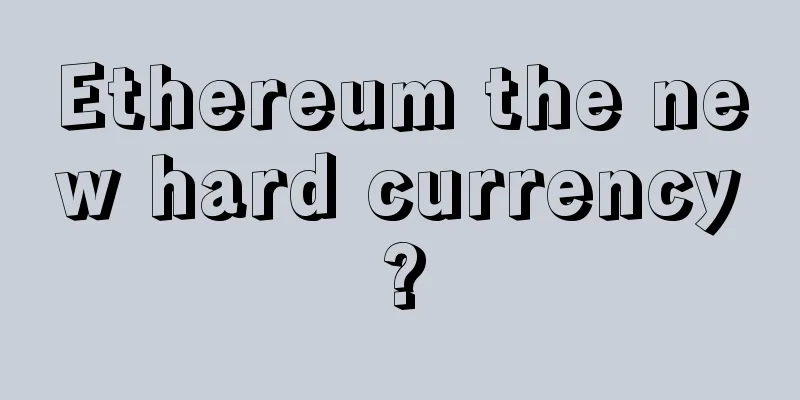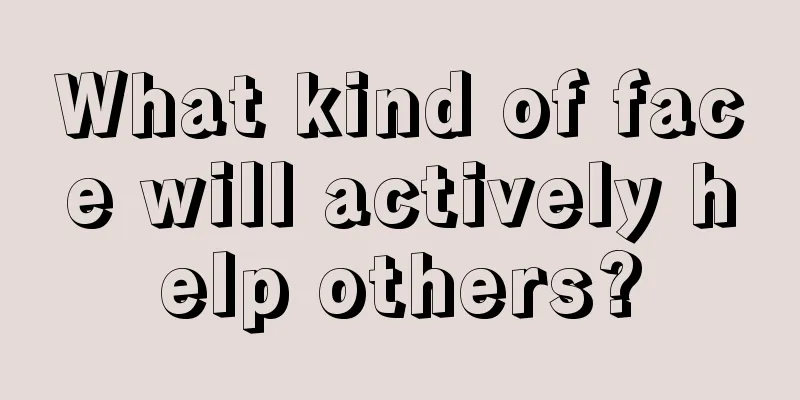Blockchain revolutionizes online advertising industry and becomes Facebook's "biggest threat"

|
Remember when you first signed up for Facebook? It was new, fun, and completely free (you didn't have to pay anything), or so we thought. Time flies, and our relationship with social networks has changed. Facebook, like Google, Twitter, and Instagram, has always taken more from its users than it gives back. Everything starts with our personal data. We give it away thoughtlessly, and online advertising is a big deal. But we can still hope that blockchain and its principles can help us regain the initiative. Facebook, Google and other companies knew from the beginning that our personal data has huge commercial value. They manipulate our privacy arbitrarily by monetizing their services and make profits from it. While we are annoyed by ads all over the screen, Google and Facebook's global advertising revenue continues to rise. We ignore the value of personal data. As a result, we have become a product at the mercy of others. However, the democratizing nature of blockchain makes the game more fair. Sure, blockchains can make mistakes, but the way they work is actually very simple. For those who are new to the term, it is best to think of it as a ledger. Ledgers have been used to keep track of financial accounts for centuries. The word ledger comes from the Dutch word "legger," which means "a workbook that is kept in one place or maintained regularly." This reference is important. While we think of the blockchain as a ledger, we should also remember that the contents cannot be overwritten. Data cannot be moved or changed, but there is an essential difference between a blockchain and a ledger: the contents of a blockchain are not stored in a single location, they are everywhere. More precisely, blockchain is a distributed ledger. The most successful use case is Bitcoin. Blockchain is the underlying technology of Bitcoin. Its existence proves that money transfer does not require the participation of a central institution (bank). Information is distributed, and the public records transactions to form a distributed ledger, which is of interest to each participant. While the distributed ledger replaces the centralized ledger, the transaction information between network participants can be shared in real time and the monopoly of the central bank can be taken back. What will be the result? We will all become bank tellers. But blockchain’s applications extend beyond Bitcoin. The decentralized principles of blockchain can also be applied to social media. Personal data is not unlike money; it can be stored in a distributed ledger and not controlled by a central authority. Therefore, blockchain can take back control of information. Central authorities like Facebook only use our personal data as a tool for profit and a bargaining chip. By redistributing the way our data is shared, blockchain can also completely reshape the way online advertising works. So what will be the end result? In short, a more just system. The public, with control over their data, can become both communicators and media. If Bitcoin made us all bank tellers, managing our data on the blockchain makes us media organizations. It may sound a little strange, but it is not impossible. The emergence of the concept of influencer marketing, especially in the fashion industry, has proved that we are not averse to advertising. This model is already common on Instagram, Facebook, Twitter, and Snapchat. As long as the content is relevant and authentic. This shift is the natural order of things. The reform of online advertising is similar to the development pattern of other industries. Whenever a few people try to monopolize an industry, someone will try to initiate reform. Just like the Portuguese explorers, their original purpose of sea exploration was to break Venice’s monopoly on the spice trade in Europe and Asia. When they successfully reached India, land transportation was no longer dominant, and Venice could no longer maintain a monopoly. I think blockchain will reshape the online advertising industry in the same way. I look forward to that moment. Just like the development of the Internet, the initial pace of change is always very slow, but once the horn of reform is sounded, it can completely change our lives. |
<<: PwC: Blockchain will ease the problem of "slow holiday delivery"
Recommend
Iranian government confirms cryptocurrency mining as industrial activity
Rage Review : A report released by IIDO's Meh...
In your opinion, people with three white eyes appear enthusiastic but are very cold inside?
People with three white eyes are afraid of being ...
Iran Plans to Ban Crypto Payments Except National Crypto
According to BlockBeats, on July 2, the Iranian p...
Beauty peak analysis
A widow's peak refers to a point in the middl...
Analysis of the meanings of the four major moles on women's chest
As one of the traditional physiognomy techniques, ...
What are the characteristics of people with bad luck?
1. A head with three points and six cuts indicate...
Can I marry my girlfriend if she has a bad mole on her face? Which part of a girl's face is the worst for a mole?
Moles are very common on everyone's body, but...
The fate of a woman with a thick lower lip. Is it good for a woman to have thick lips?
Everyone is unique and gives people a different f...
People with these faces often have conflicts with others
It is difficult to avoid conflicts between people...
The parts that affect the quality of palmistry
The parts that affect the quality of palmistry Sp...
What kind of man is trustworthy?
Every woman hopes that she can marry a trustworth...
Fed meeting notes: interest rates remain unchanged
summary At this meeting, the Federal Reserve kept...
The fate of a woman with thick palms
The fate of a woman with thick palms Thick palm w...
The copycat market is here: Please fasten your seat belts
After oscillating around $60,000 for two weeks, t...
Bitcoin miners generated nearly $700 million in revenue in December, and Ethereum options holdings hit a new high
Bitcoin miners generated nearly $700 million in r...
